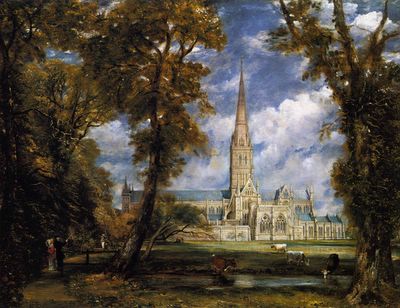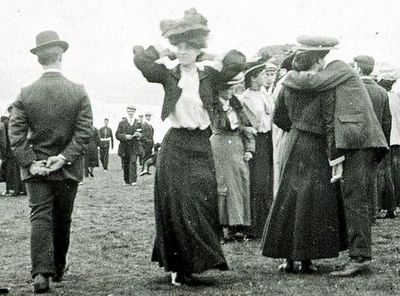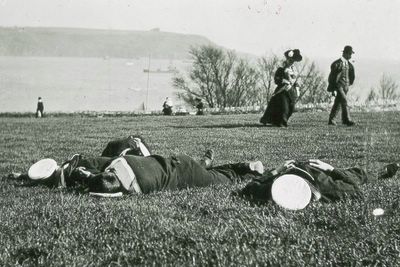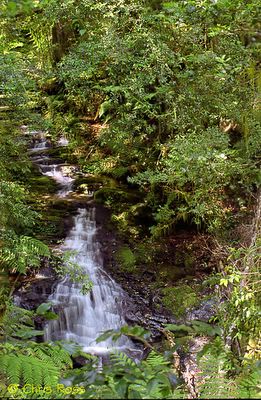
(II)
I mounted a steed in the dawning
With acheful remembrance,
And made for the ancient West Highway
To far Exonb'ry.
Passing heaths, and the House of Long Sieging,
I neared the thin steeple
That tops the fair fane of Poore's olden
Episcopal see;
And, changing anew my onbearer,
I traversed the downland
Whereon the bleak hill-graves of Chieftains
Bulge barren of tree;
And still sadly onward I followed
That Highway the Icen,
Which trails its pale riband down Wessex
O'er lynchet and lea.
Along through the Stour-bordered Forum,
Where Legions had wayfared,
And where the slow river upglasses
Its green canopy,
And by Weatherbury Castle, and thencefrom
Through Casterbridge held I
Still on, to entomb her my vision
Saw stretched pallidly.
(tbc)







